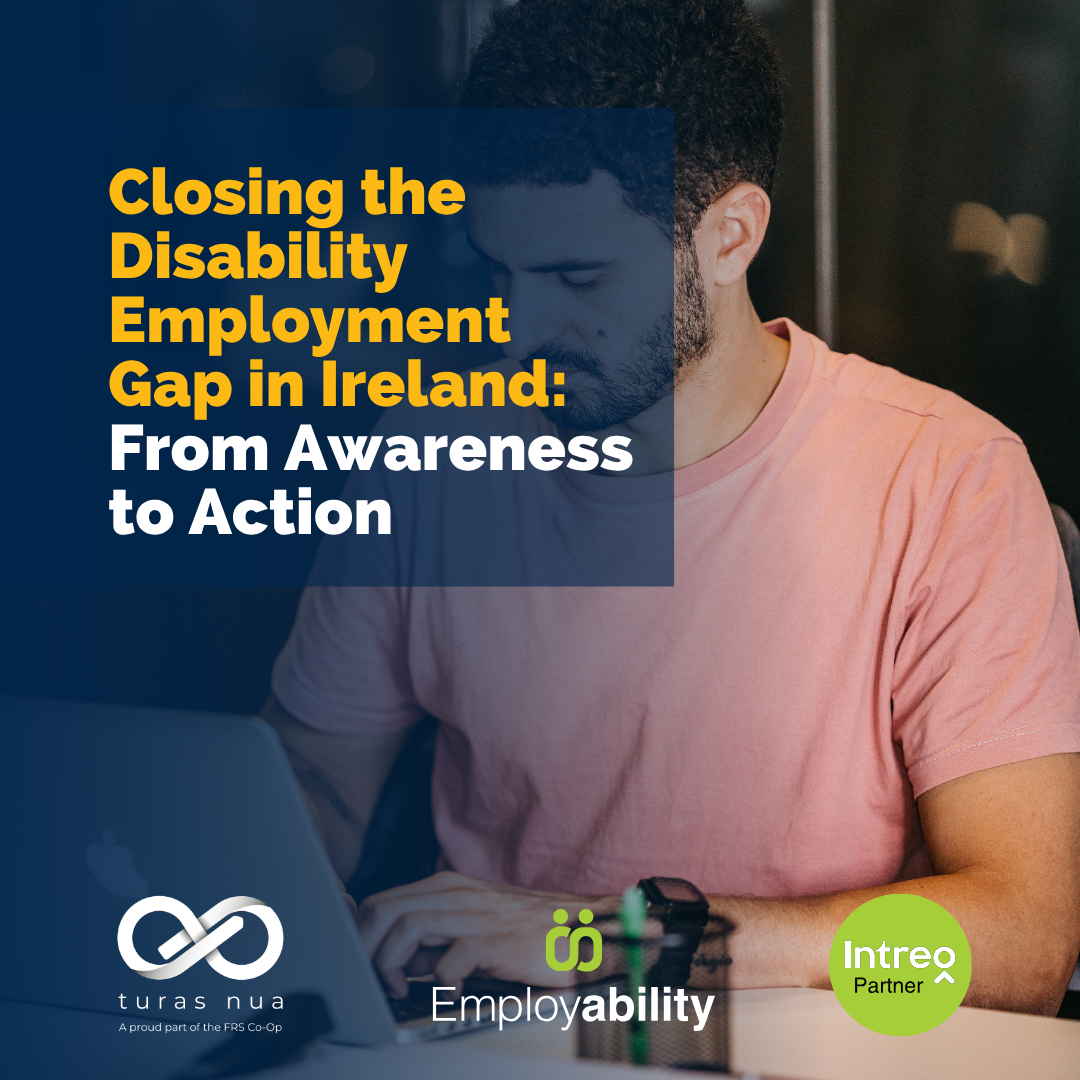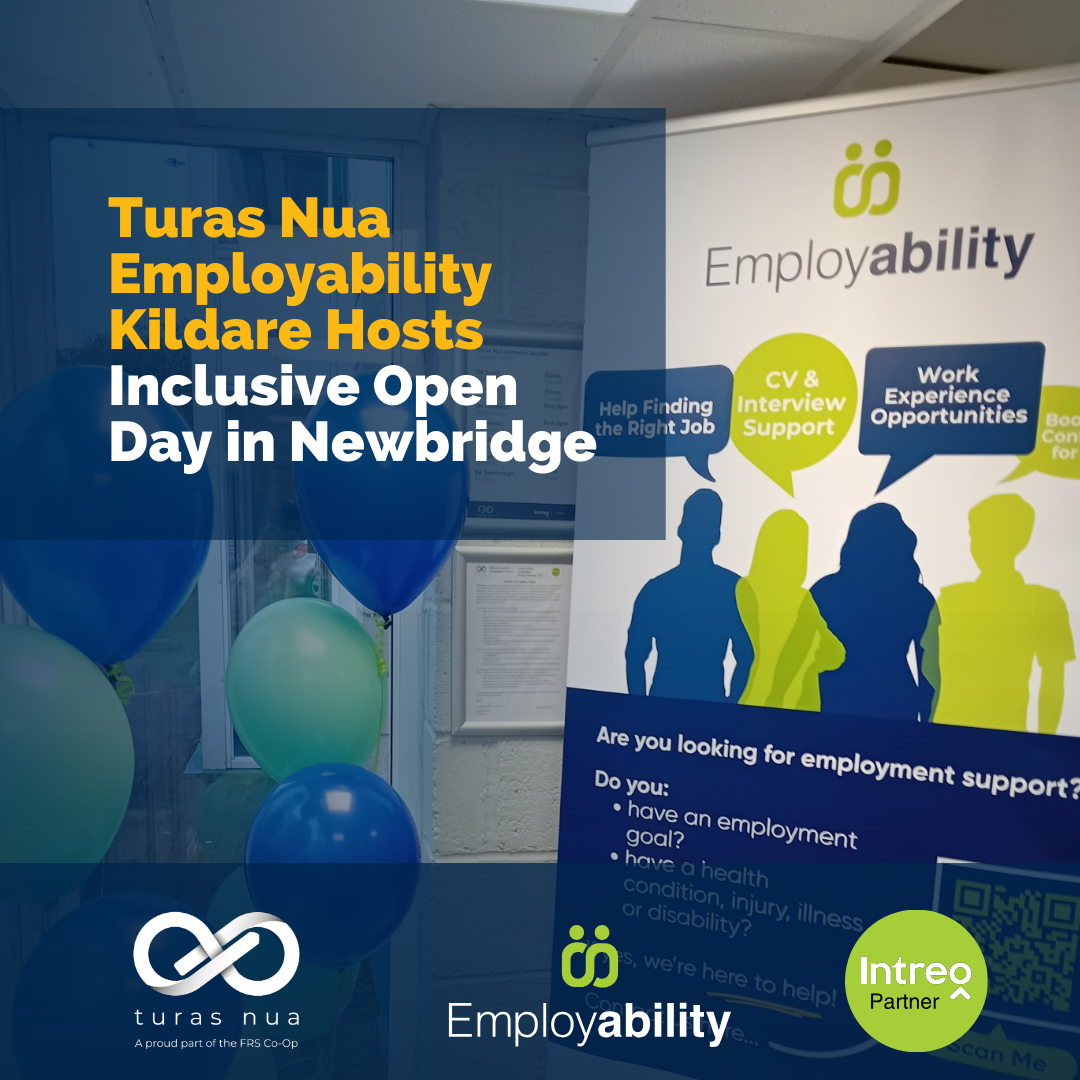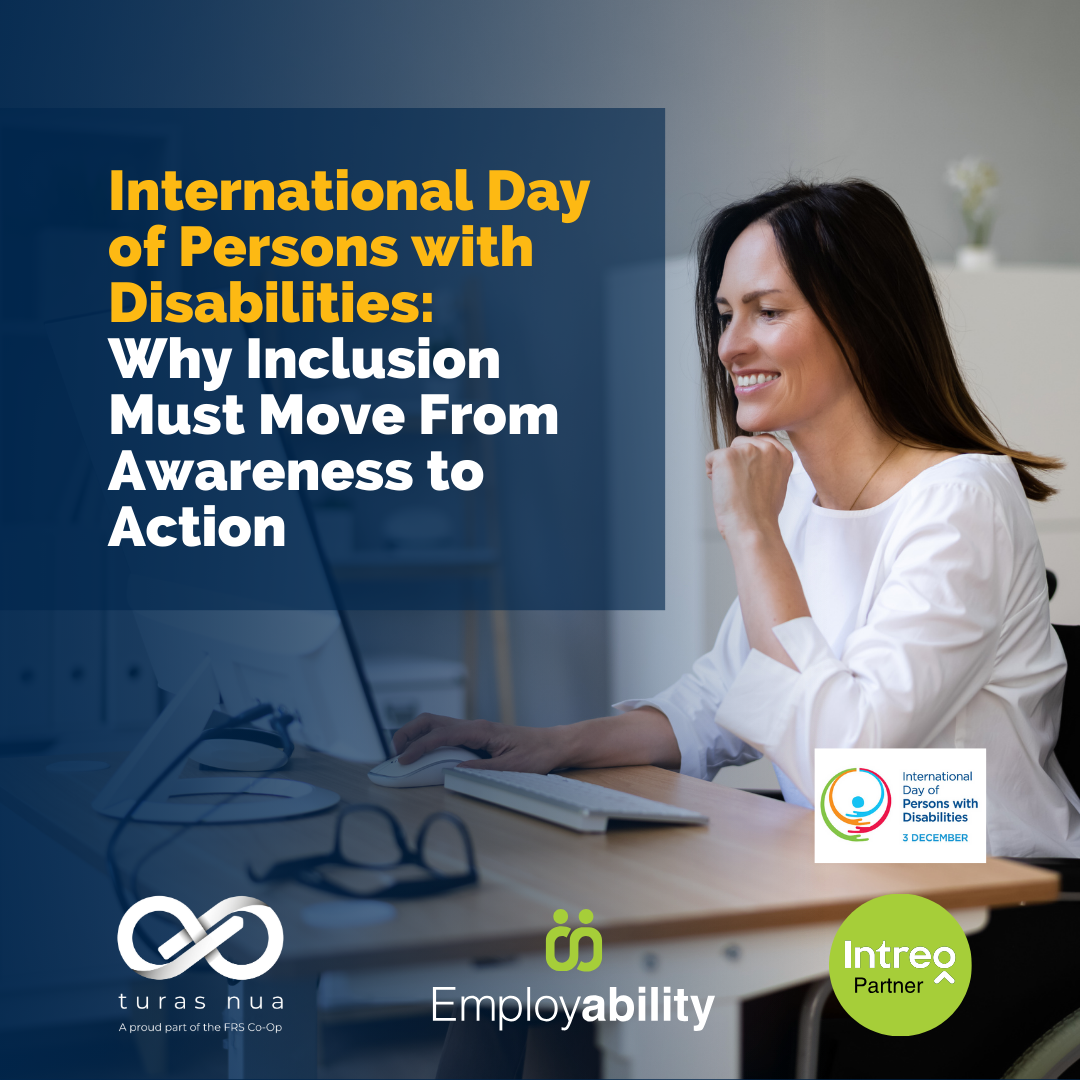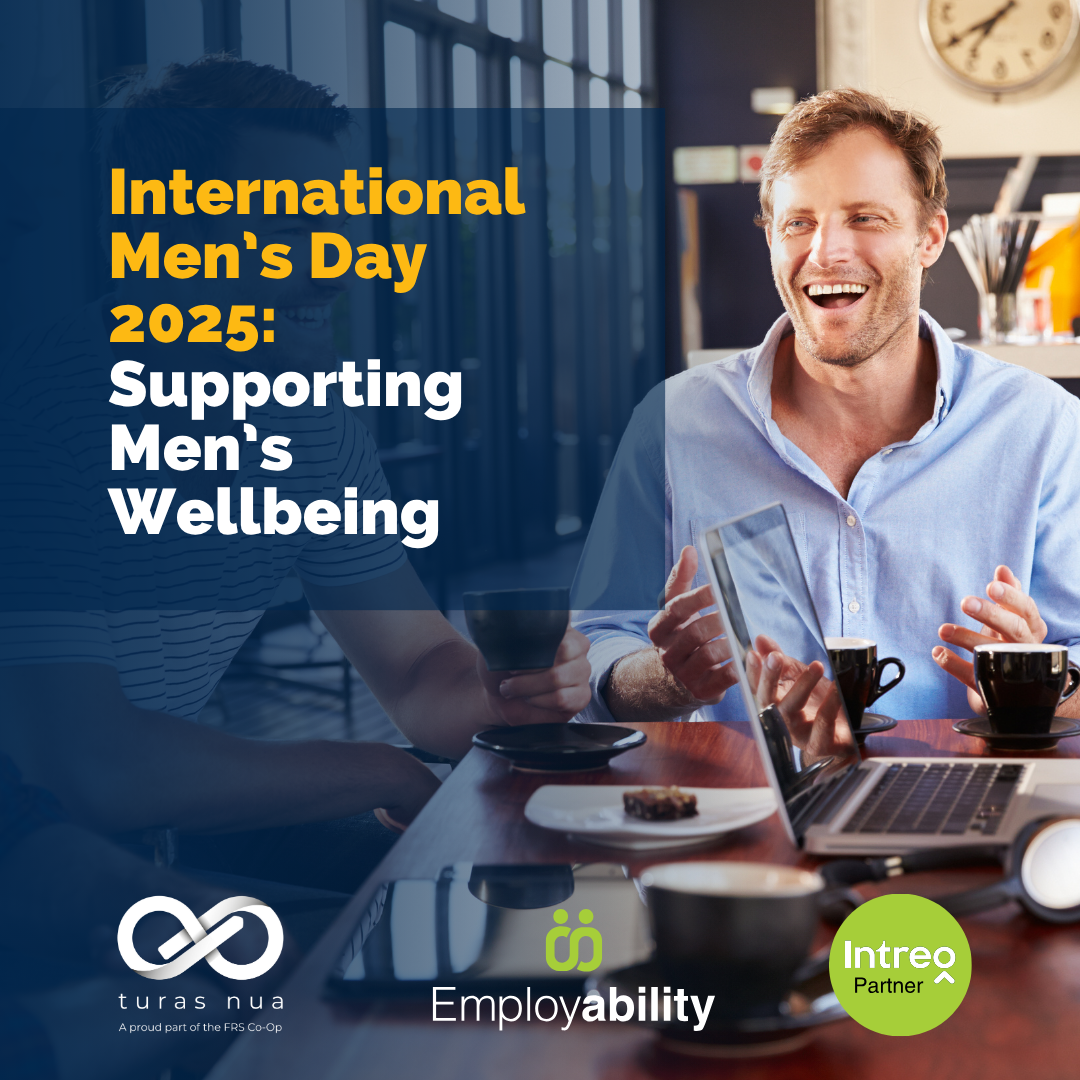Interviews: Our Top 5 Tips for Employers
October 3, 2022
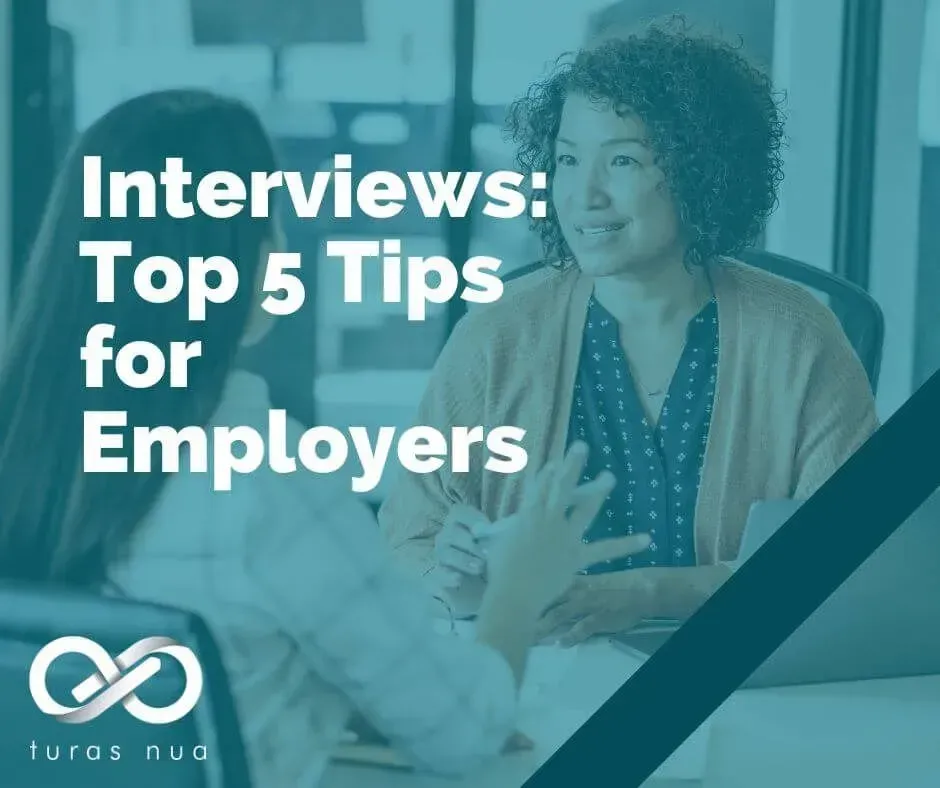
Interviews: Our Top 5 Tips for Employers
Introduction
As an employer, how you conduct interviews is critical to the success of your hiring process. The right candidate can bring a new perspective and help your team thrive, while the wrong candidate can lead to turnover and wasted time and money. As an employer, it’s important to create an interview plan that will help you identify the best possible candidates for each position. This post outlines our Top 5 Tips for employers who are preparing for interviews:
1. Prepare your Team
With interviews, preparation is key. This is just as true for the interviewer as it is for your candidates. Before committing to any schedules, the hiring manager (and your HR team if you have one) should be involved in the interview planning process. The first part of this should be deciding who will actually carry out the interviews. There are plenty of online resources to help you with these preliminary decisions, such as this useful “Guide to Interview Preparation for Employers”, from workable.com.
Ensure that everyone is familiar with the process so they know how long each stage will be, what documentation needs to be completed before starting an interview and how many minutes/hours/days it should take to complete all elements of this stage in order for you to proceed onto next steps – such as scoring sheets being returned or references being contacted, etc
.
It's worth considering the right balance: if you are the hiring manager, or CEO, but you’re not much of a people person, make sure you have someone else in the room with you who can ensure the interview progresses at the right pace (and with the right tone). If you've never conducted an interview before – which might be the case for newer business owners or smaller companies – remember to set some time aside to create your questions.
As with any interview, you should ask questions that will give you an insight into the applicant’s personality and work style, as well as how well they are likely to fit into your company. You can also have a list of prepared questions at hand so that you don’t waste time trying to come up with them during the actual interview

2. Create an Interview Plan
Having an interview plan will save you time (and possibly a headache!). Think about where you will conduct your interviews. Do you have a dedicated meeting room? Will you need to book a venue?
Before you even think about scheduling times and dates, you'll need to know where to invite your candidates. Communicate the plan to your interview team, ensuring they know to arrive on time and with a copy of the job description, their own notes about the candidate and their allocated questions.
When you're ready, ensure that candidates are made aware of their interview slot, and remind them to arrive on time also – one delay at the start of your interview schedule can lead to major congestion at the end of your day. Planning (and sticking to the plan!) will help you control your interview process, ensuring all candidates get a fair shot at the position, and giving you more time to make the right decision.
Schedule 45-minute interviews with all candidates (or as much time as you feel is appropriate). Depending on the role, you may wish to carry out the interview remotely. You should also make yourself (and your team) aware of the different types of job interview and deciding which approach will be most useful for your company. You can learn more about interview types in this useful article from FRS Recruitment.

3. Start with an Introduction
When you initially meet your candidates, first impressions go both ways – make sure you have your phone on silent!
Before the interview, be sure to introduce yourself and explain your position with the company. You can also let candidates know what they can expect from the interview process before you begin to ask any questions. This will help to put your candidates at ease - and will lead to a more natural, relaxed interview for all parties.
In addition to giving them an overview of how things will proceed, it's important that you set expectations. For example, you might want to say "I'll start by asking some questions about yourself and your background, then ask questions about your experience with x." It’s perfectly acceptable to guide your candidate along the interview – just remember to ensure that you are fair and unbiased, giving all candidates the same opportunity.
4. Develop Questions in Advance - and Prepare to Adapt!
Come prepared with a list of questions you want to ask, but feel free to modify this list based on what information comes out during the conversation.
- Try to avoid asking “yes” or “no” questions. Ask open-ended questions that require more than a single word answer. For example, you should ask "How did you become interested in this field?" instead of "Are you interested in this field?"
- Ask questions that elicit a personal story. For example, "What was your first experience with this field like?"
- Listen to the answers and ask follow-up questions if necessary.
- Don't be afraid to ask for clarification if you don't understand something.

5. Take Notes
If you are hiring for multiple roles, or if you are interviewing many candidates, it will be virtually impossible to make an efficient decision about the right person for the job without taking notes through the day. Take notes on what candidates say, so you can refer back to them later if needed. It also helps you remember details from different candidates' interviews so that you don't end up forgetting something important about one candidate when interviewing another.
A good idea is for each interviewer to take notes during each interview about their own impressions of the candidate as well as things which may have been said by others that relate directly or indirectly (e.g., "I heard that Sally Smith was asked this question..."). This way it's easy for people who didn't attend a particular interview session - but do want some input into hiring decisions - not only access information but also contribute new ideas without needing face-to-face contact with all potential employees first time round.
Conclusion
An interview is a critical part of the hiring process. With the right preparation, you can master the art of interviewing. Be sure to make use of the resources at your disposal: there are lots of hints and tips online if this is your first time carrying out an interview. We recommend this article on Indeed.ie on “How to Conduct a Job Interview”.
If there’s one thing to remember about interviewing, it’s that you should always be prepared. With a solid plan in place and some great questions, you can do the best job possible at finding the right candidates for your company.
If you have any questions or need additional one-to-one support in preparing an interview plan for your next hiring campaign, contact our Employer Services team today.Click here to see how we can help or email us on recruitment@turasnua.ie
